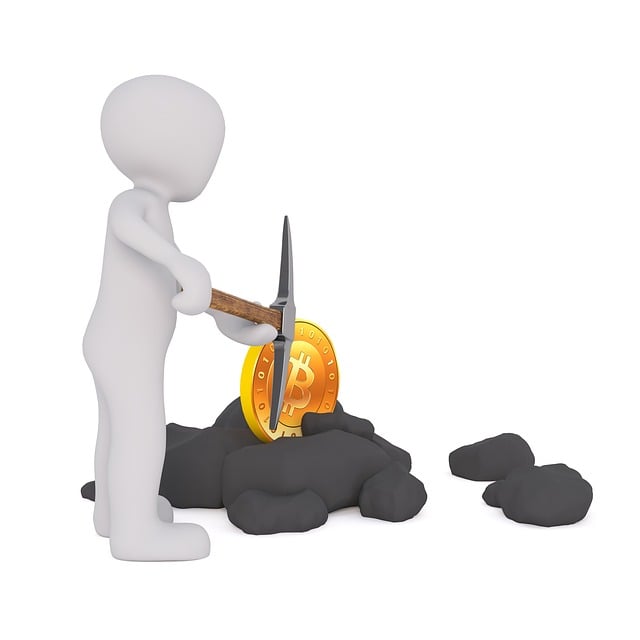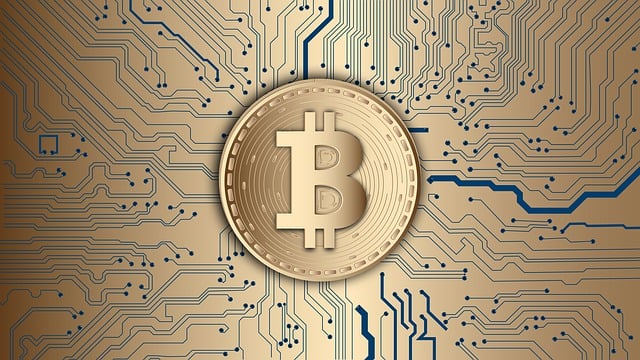Understanding DAO Crypto: A Revolutionary Decentralized Model
Decentralized Autonomous Organizations (DAOs) have emerged as a groundbreaking concept in the world of cryptocurrencies. Combining blockchain technology and smart contracts, DAOs aim to revolutionize traditional hierarchical systems by enabling a transparent, autonomous, and democratic governance model.

What is a DAO?
A DAO is essentially an organization that operates without the need for a central authority, such as a CEO or a board of directors. Instead, decision-making powers and control are distributed among its members through voting mechanisms.
DAOs are powered by blockchain technology and operate on a transparent, immutable ledger. Smart contracts, which are self-executing agreements, facilitate the efficient functioning of DAOs by automating various processes.
The Advantages of DAOs
DAOs offer several advantages over traditional centralized organizations:
- Transparency: DAOs provide complete transparency as all transactions and decisions are recorded on the blockchain, making it nearly impossible to manipulate or alter data.
- Autonomy: With no central authority, DAOs allow members to have direct control over decision-making processes, resulting in a more democratic and inclusive structure.
- Efficiency: Smart contracts ensure the smooth execution of agreements, eliminating the need for intermediaries and reducing costs and delays.
- Resilience: DAOs are designed to be highly resilient against external manipulation or attacks due to their decentralized nature.
Challenges and Risks
While DAOs hold immense potential, they also face certain challenges and risks:
- Regulatory Uncertainty: As DAOs operate on a decentralized framework, their legal status and regulatory framework remain unclear in many jurisdictions.
- Code Vulnerabilities: Smart contracts are not immune to bugs or loopholes, which can be exploited by malicious actors, potentially leading to financial losses.
- Governance Disputes: The absence of a central authority can sometimes result in conflicts and difficulties reaching consensus on important decisions.

The Future of DAOs
Despite the challenges, the future of DAOs looks promising. They have the potential to disrupt various industries, including finance, healthcare, and governance systems. As blockchain technology continues to evolve, the scalability and security of DAOs are also expected to improve.
It is crucial for regulators to adapt to this new paradigm, providing clarity and establishing frameworks that support the growth and innovation of DAOs while addressing potential risks.
By embracing the principles of decentralization, transparency, and autonomy, DAOs can unlock new possibilities and reshape traditional organizational structures, leading to a more equitable and inclusive future.